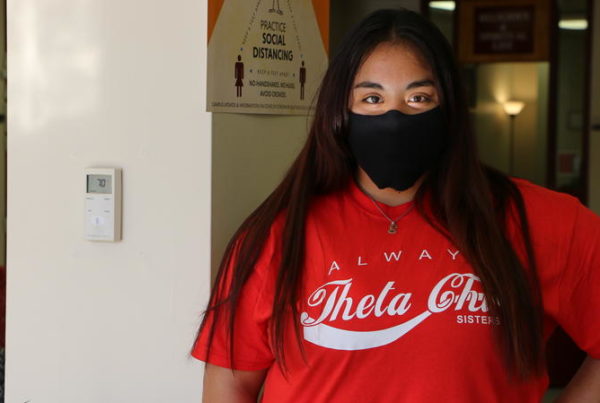Formerly incarcerated people generally face an uphill battle reintegrating into society even under the best circumstances. But a new study finds that a lot of those people – close to 50% of those surveyed – say they also faced traumatic events soon after release. That’s according to research from the Institute for Justice Research and Development at Florida State University. And those events can cause setbacks for those reentering society after time in prison.
“We’re talking about some pretty significant life events,” said Carrie Pettus-Davis, founding director of the institute. “Participants are seeing their loved ones murdered or seriously injured, or otherwise losing loved ones to homicide; they’re losing loved ones to serious illness; they’re getting diagnosed with their own serious illness; and they’re being violently attacked.”
These events can be especially straining for people exiting the criminal justice system, she said. They’re still recovering from being incarcerated – a type of trauma in its own right – and may not have the coping mechanisms to navigate those setbacks.
“All of those are risk factors in individuals’ ability to stabilize after they get out of prison,” Pettus-Davis said. “So you have individuals that are facing some really significant psychological distress and mental health challenges that aren’t necessarily diagnosed as depression or anxiety or schizophrenia or the things people typically think of when they think of mental health.”
Many of these traumas can’t be prevented – like the illness or death of a loved one. But what can be done to help formerly incarcerated people, Pettus-Davis said, is helping people learn coping skills while still in prison, and strengthening support networks for them once they are released.
“We really need to start preparing people … for what life may have to offer them when they get out,” Pettus-Davis said. “A lot of individuals leave with high hopes of turned-around life, and they get out and start to face all of these hardships. And it’s incredibly difficult to navigate when they weren’t even thinking about it necessarily in advance.”















